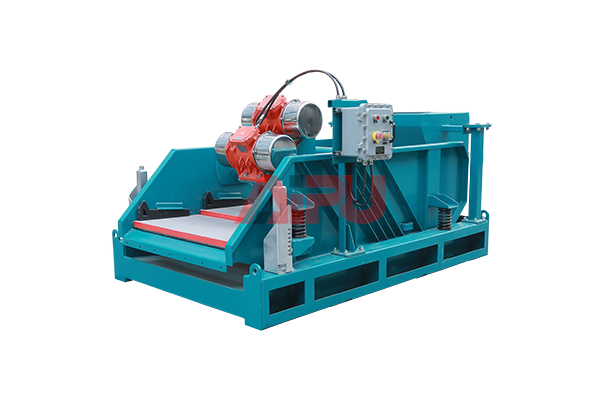Understanding Key Parameters in Solids Control Systems
Solids control systems are essential components in drilling operations, designed to remove drilled solids and maintain drilling fluid properties. However, many operators face challenges when interpreting the parameter descriptions of these systems. Proper understanding of these parameters ensures optimal performance and longevity of the equipment.

The flow rate is one of the most critical parameters in a solids control system. It determines how much drilling fluid the system can process within a given time. An incorrect flow rate can lead to inefficient solids removal or even equipment damage. Operators must ensure the flow rate matches the system's design specifications and the drilling conditions.
Another important parameter is the screen mesh size, which directly affects the system's ability to remove particles of specific sizes. Using the wrong mesh size can result in either excessive solids in the drilling fluid or unnecessary loss of valuable drilling fluid. The mesh size should be selected based on the particle size distribution of the drilled solids and the desired fluid properties.
The G-force of centrifuges is another parameter that often causes confusion. This measurement indicates the separation efficiency of the equipment. Higher G-forces generally mean better separation of fine particles, but they also increase wear on the equipment. Finding the right balance between separation efficiency and equipment lifespan is crucial for cost-effective operations.
Pressure differentials across various components of the system provide valuable diagnostic information. Abnormal pressure readings can indicate blockages, worn components, or other operational issues. Regular monitoring of these parameters helps prevent major breakdowns and maintains consistent system performance.
Vibration levels offer insights into the mechanical condition of the equipment. Excessive vibration often signals misalignment, unbalanced components, or bearing wear. Early detection of abnormal vibration patterns can prevent catastrophic failures and reduce maintenance costs.
Temperature monitoring is equally important, as overheating can degrade both the equipment and the drilling fluid. High temperatures may indicate excessive friction, overloading, or cooling system failures. Maintaining optimal operating temperatures extends equipment life and preserves fluid properties.
If your project requires solids control equipment, choose Aipu Solids Control, it will be your best choice.
